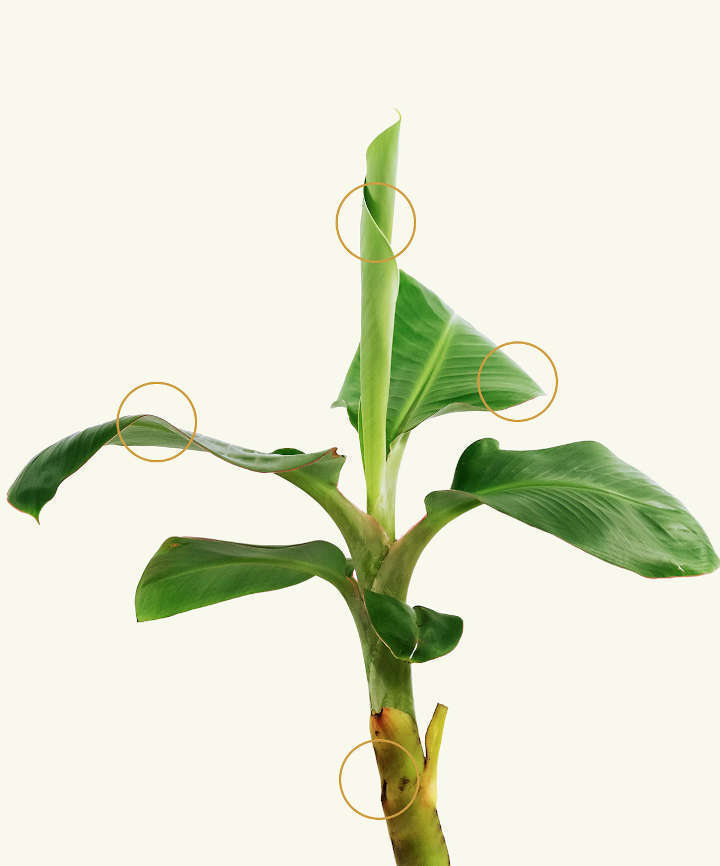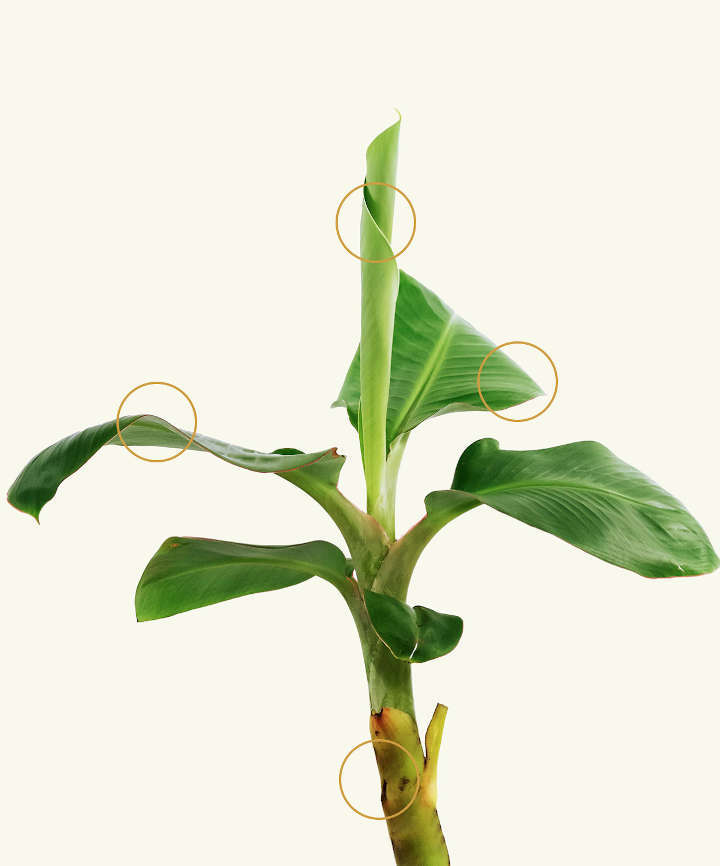Food for the future
We develop plant varieties that reduce the need for pesticides and work towards enhancing our natural biosphere. It’s like evolution on fast-forward.
Bananas are the most eaten fruit across the globe. However we risk losing them forever to critical threats, such as Panama disease and Black Sigatoka disease.
We use gene editing to increase yield, extend shelf-life and improve natural disease resistance. Meaning a whole lot more bananas, using a lot less agricultural land, less chemicals, less food waste, less carbon emissions and less costs for growers.
-
PANAMA DISEASE RESISTANCE
Panama Disease (TR4), one of the most serious threats to food security and the 400 million people worldwide whose livelihood and nutrition depend on the banana sector, is spreading around the world, wiping out whole banana plantations at an alarming rate. We lessen the spread by creating hardier plants with natural disease resistance, so we can continue to grow and eat the mighty banana.
-
BLACK SIGATOKA RESISTANCE
Black Sigatoka Disease is causing farmers to spray banana leaves with pesticides 30-60 times a year, costing them over $2,000 per hectare annually. With natural disease resistance, we reduce farmers’ overheads and provide the world with healthier bananas to eat and support greater biodiversity in the field.
-
PROLONGED SHELF LIFE
We prolong the shelf life of bananas with reduced browning and delayed ripening to cut down on global food waste.
-
REDUCED FOOD WASTE
We estimate that our non-browning bananas could reduce food waste and CO2 equivalent emissions along the supply chain by over 25%. This could support an annual reduction in CO2 emissions of over 9 million tonnes in the banana export market alone.
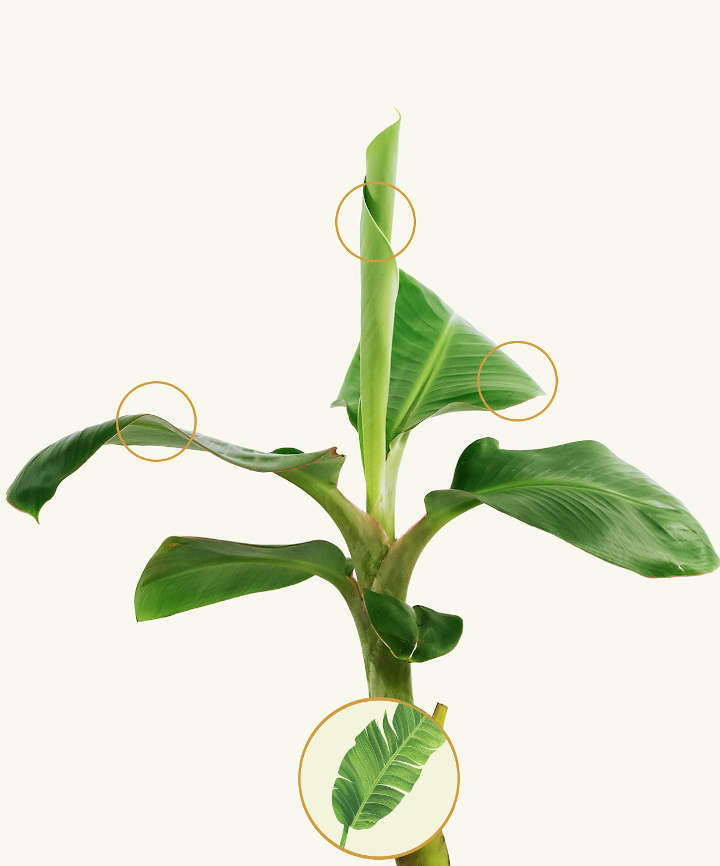


PANAMA DISEASE RESISTANCE
Panama Disease (TR4), one of the most serious threats to food security and the 400 million people worldwide whose livelihood and nutrition depend on the banana sector, is spreading around the world, wiping out whole banana plantations at an alarming rate. We lessen the spread by creating hardier plants with natural disease resistance, so we can continue to grow and eat the mighty banana.
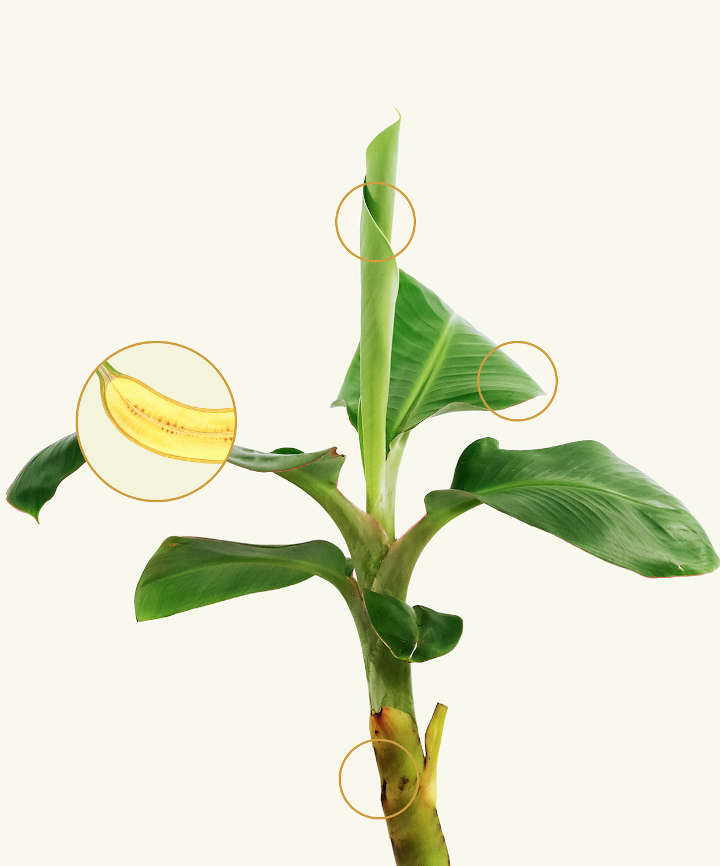


BLACK SIGATOKA RESISTANCE
Black Sigatoka Disease is causing farmers to spray banana leaves with pesticides 30-60 times a year, costing them over $2,000 per hectare annually. With natural disease resistance, we reduce farmers’ overheads and provide the world with healthier bananas to eat and support greater biodiversity in the field.
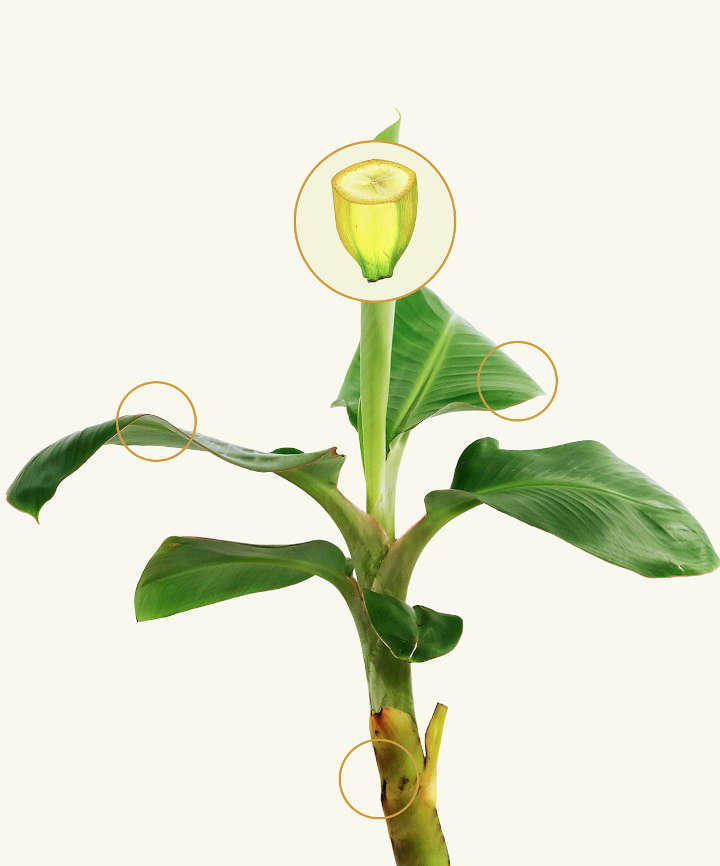


PROLONGED SHELF LIFE
We prolong the shelf life of bananas with reduced browning and delayed ripening to cut down on global food waste.
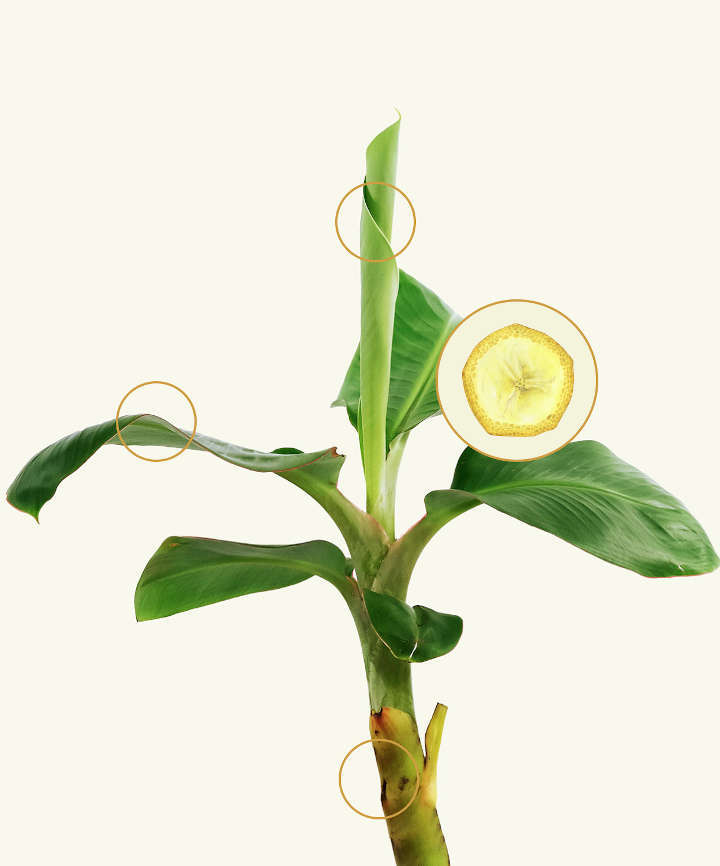


REDUCED FOOD WASTE
We estimate that our non-browning bananas could reduce food waste and CO2 equivalent emissions along the supply chain by over 25%. This could support an annual reduction in CO2 emissions of over 9 million tonnes in the banana export market alone.

